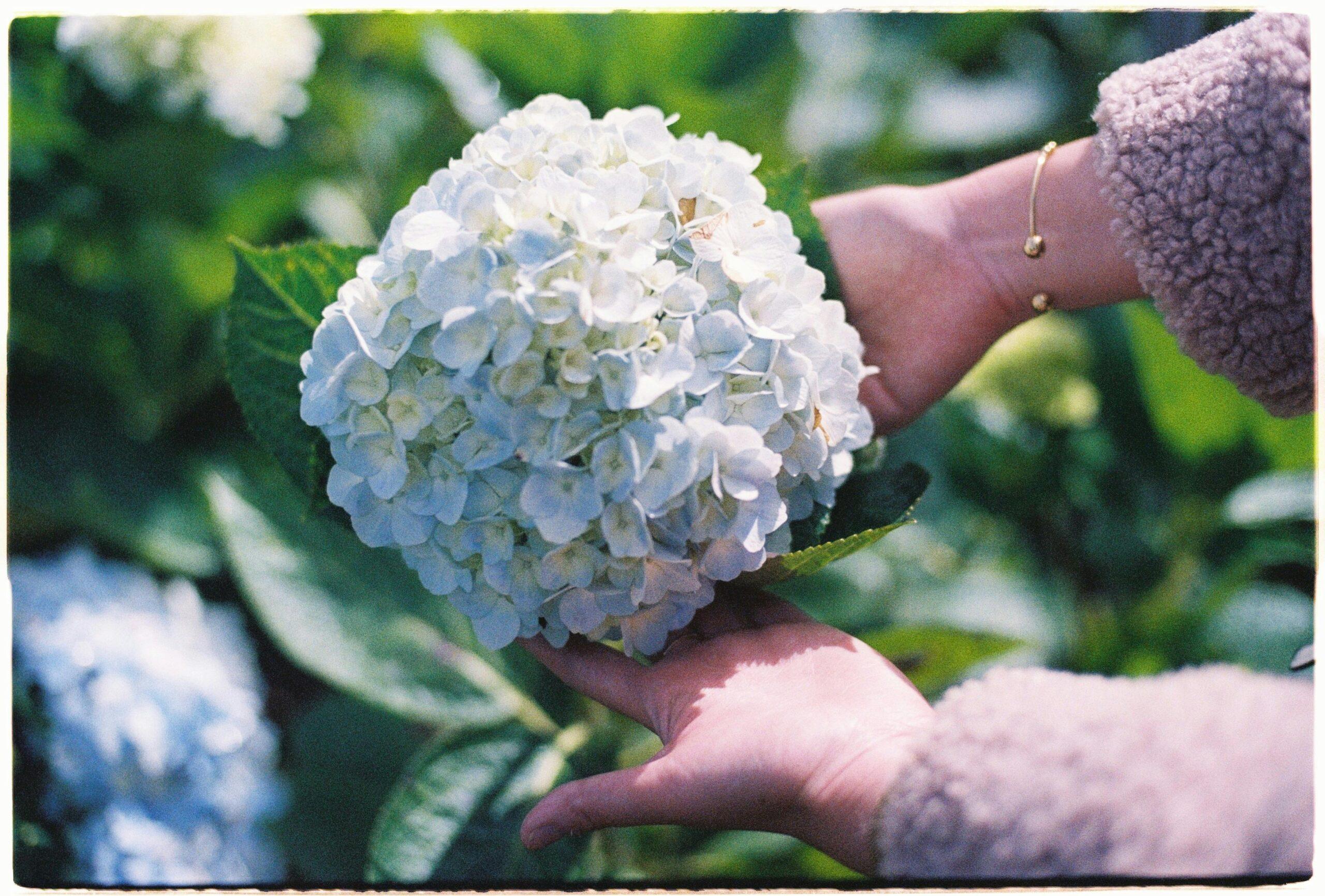National Women’s Day in South Africa, celebrated annually on August 9th, commemorates a significant event in the country’s history. On this day in 1956, approximately 20,000 women of all races marched to the Union Buildings in Pretoria to protest against the government’s pass laws which were in effect at the time.
These deeply humiliating and oppressive laws required black South Africans to carry internal passport which restricted their freedom of movement and controlled urbanisation. The internal passports, known as “passbooks” or “dompas”, contained personal information including a photograph, fingerprint, address, employment details, and evaluations by employers. It also documented permissions to be in certain areas, which could be revoked at any time. Any government official could demand to see a passbook at any time and failure to present a valid passbook could result in immediate arrest and imprisonment. The pass laws were only terminated in 1986.
I specifically remember being about seven years old and my parents having to put Annie, a black woman in our employ at the time, on a bus in the middle of the night, due to government officials knocking on doors in our neighborhood, arresting any black woman without a proper dompas. Annie was like a second mother to me and I still have flashbacks of the time when she worked in our home, not knowing what happened to Annie thereafter. The passbook system deeply affected the livelihood and employment of black women in South Africa.
The march to the Union Buildings was organised by the Federation of South African Women (FEDSAW) and led by prominent activists such as Lillian Ngoyi, Helen Joseph, Rahima Moosa, and Sophia Williams. The women stood silently for 30 minutes before singing a protest song, “Wathint’ abafazi aathint’ imbokodo!” which tanslated from Zulu, means “Now you have touched a woman, you have struck a rock”. This phrase has since symbolised the strength and resilience of South African women.
National Women’s Day not only honours the bravery of these women but also highlights ongoing issues such as gender inequality, domestic violence, and women’s rights. It serves as a reminder of the pivotal role women have played and continue to play in the fight for equality and justice in South Africa.
Here are some key areas where women’s impact is particularly notable:
- Political Representation: Women hold significant positions in government and political organizations, advocating for policies that promote gender equality and protect women’s rights. For example, South Africa has one of the highest proportions of women in parliament globally.
- Activism: Women-led organizations, such as the “Commission for Gender Equality” and “Sonke Gender Justice”, work tirelessly to address issues like gender-based violence, economic inequality, and reproductive rights.
- Entrepreneurship: Many women are leading businesses and social enterprises that focus on empowering other women economically. Initiatives like “She Leads Africa” provide support and resources for female entrepreneurs.
- Workplace Equality: Efforts are being made to close the gender pay gap and ensure equal opportunities in the workplace. Programs and policies are being implemented to support women’s career advancement and work-life balance.
- Educational Programs: Women are at the forefront of educational initiatives that aim to empower girls and young women through education. Organizations like “Careers for Girls’ focus on providing mentorship and career guidance.
- Public Campaigns: Awareness campaigns led by women highlight critical issues such as domestic violence, sexual harassment, and health rights. These campaigns aim to change societal attitudes and promote a culture of respect and equality.
- Grassroots Movements: Women are often the driving force behind community-based movements that address local issues, from healthcare access to environmental justice. These movements play a crucial role in creating sustainable change at the grassroots level.
- Support Services: Many women work in or run organizations that provide essential services such as shelters for survivors of domestic violence, legal aid, and counseling.
Women in South Africa continue to be a powerful force for change, advocating for a more just and equitable society. Their contributions span across various sectors and levels of society, making a significant impact on the nation’s progress towards gender equality.
But, despite the progress that has been made since 1956, women in South Africa still face a multitude of challenges that impact their daily lives and limit their opportunities for empowerment. These challenges are specifically impacting rural women, who face certain social and cultural constraints, including –
- Gender-Based Violence: Rural women are particularly vulnerable to gender-based violence, including domestic abuse and sexual violence. Limited access to support services exacerbates this issue.
- Patriarchal Norms: Restrictive socio-cultural norms and patriarchal attitudes often limit women’s roles to domestic duties and exclude them from leadership and decision-making positions.
Contact Us
National Women’s Day on 9 August 2024, serves as a reminder of the ongoing struggles and achievements of women in South Africa. It highlights issues such as gender equality, women’s rights, and the fight against gender-based violence. Various events, including marches, educational programs, and community gatherings, are typically organised to celebrate and reflect on the progress made and the challenges that remain.
Our firm is an all-women firm and we are honoured to be able to celebrate a day like National Women’s Day, we are also honoured to remember the brave women that have and continue to fight the issues that women and children face on a daily basis. Our aim is to join the fight against the abuse of women and children in our beautiful country.
Stand with courage and speak with compassion. Together, we can break the cycle and create a world where every woman lives free from fear and abuse. Join the fight for change.
If you or someone you know needs any assistance or guidance with any Domestic Violence related matter, please contact us.




